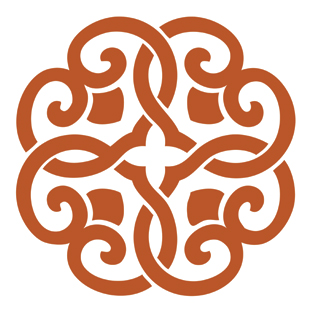When
April 5, 2012, 12:00 pm - January 1, 2026, 7:20 am
Where
Middle East Institute
1761 N Street, NW
Washington,
District of Columbia
20036
(Map)
The Middle East Institute is pleased to host Kuwait University professor of political science Shafeeq Ghabra for a conversation about the political dynamics driving Egypt's transition to a post-Mubarak era. Today, more than a year after the Tahrir Square protests toppled the Mubarak regime, tension remains between the old guard and the new. As the Muslim Brotherhood works to assert political authority, the military elite, as represented by the Supreme Council of the Armed Forces, seeks to retain some vestige of power in government. Dr. Ghabra posits that the ongoing attempts on the part of the SCAF to retain control over Egypt's political future will not succeed, given the new political awareness and involvement of Egyptian citizens. With the presidential election scheduled for May, what happens next in Egypt will have far reaching impact on the state of democratization in the Arab world. Join us for a discussion with Dr. Ghabra on the dynamics of Egypt's current political transition from dictatorship to democracy.
Bio:
Shafeeq Ghabra is a professor of political science at Kuwait University. He was also the founding president of American University in Kuwait. Dr. Ghabra has been a visiting professor at the College of William and Mary and a visiting scholar at George Mason University's Institute of Conflict Analysis and Resolution. He serves presently as the Kuwait University chair of the Consulting Committee for Faculty Promotions and Appointments in the Humanities and Social Sciences. Dr. Ghabra makes frequent media appearances on domestic and international outlets, and has lectured on Capitol Hill, the Council on Foreign Relations, and the Foreign Policy Research Institute, among other institutions. The author of seven books and many articles and papers, Dr. Ghabra has received Kuwait's highest award for scientific research in the humanities and social sciences from the Kuwait Foundation for the Advancement of Sciences.












